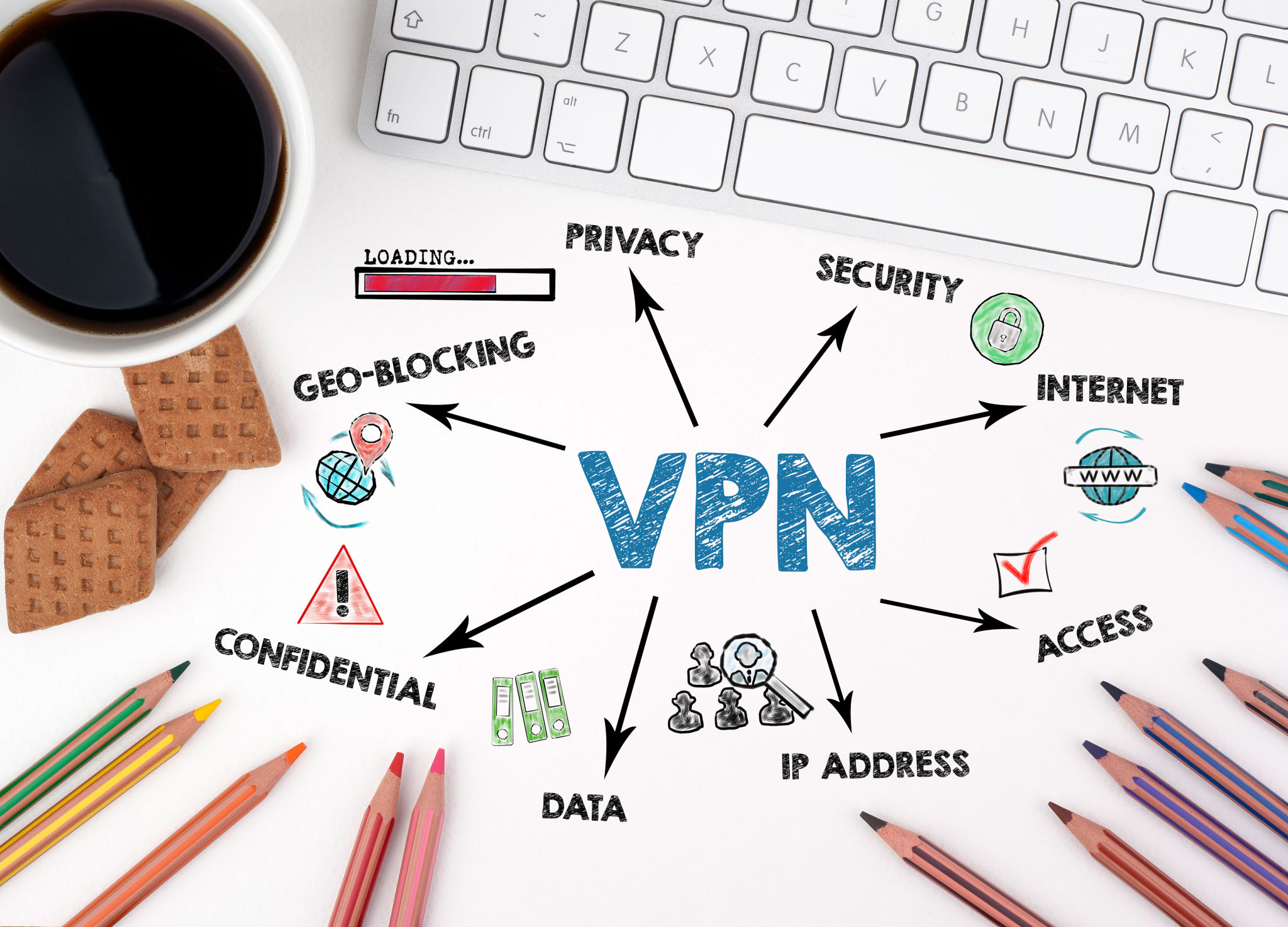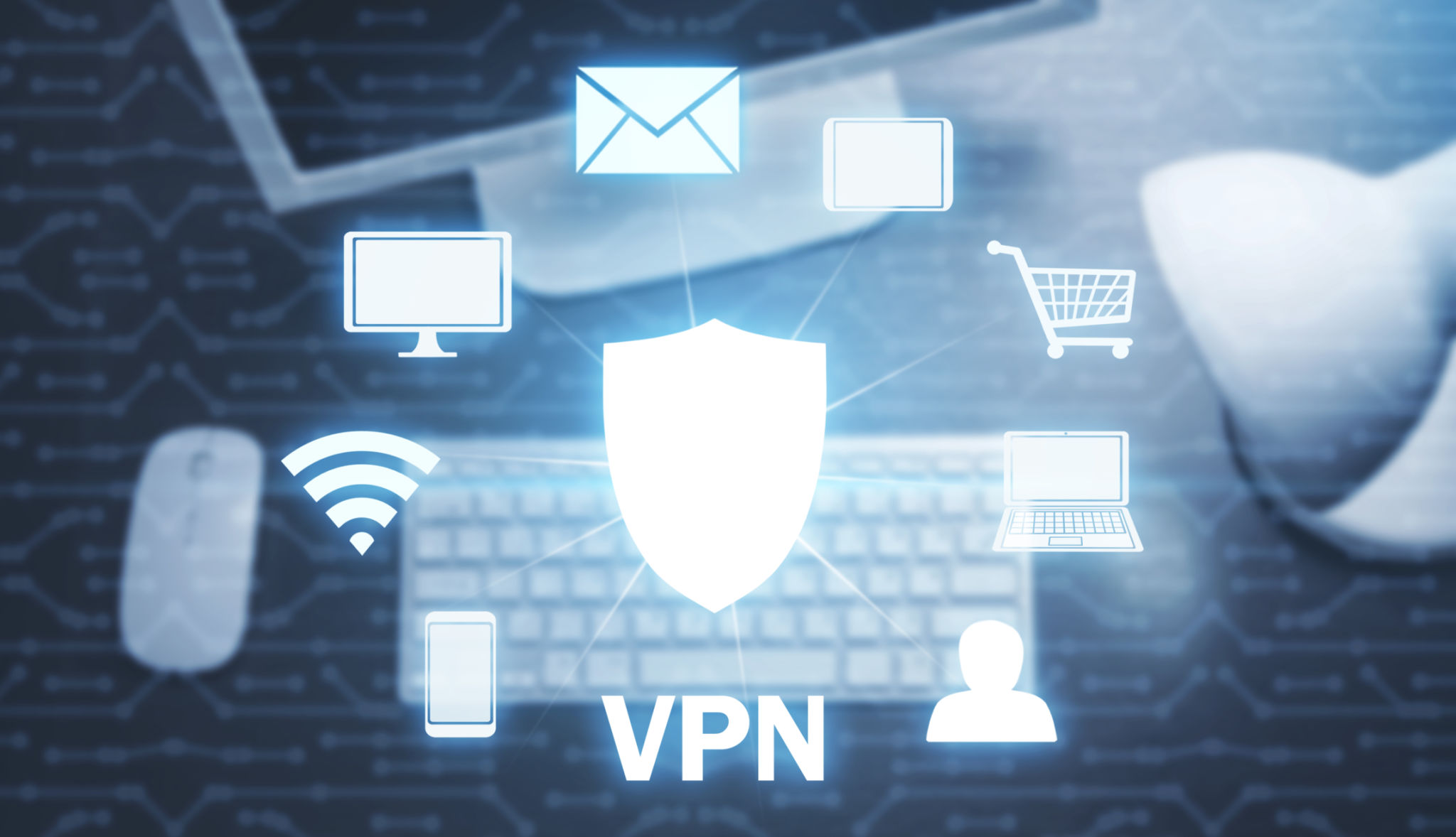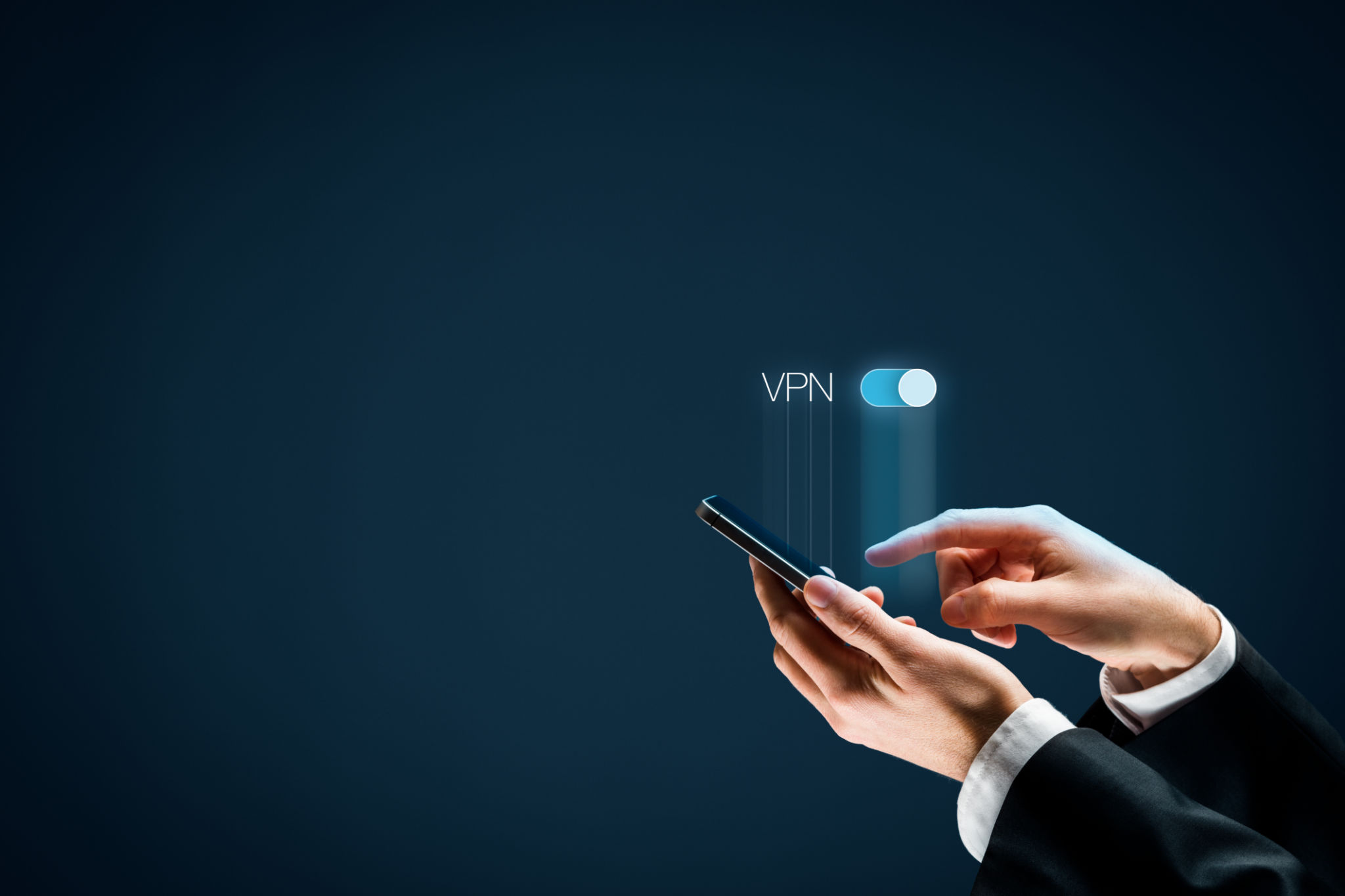Myths About VPNs Debunked: What You Need to Know
VPNs Are Only for Tech Experts
One of the most common myths surrounding Virtual Private Networks (VPNs) is that they are only suitable for tech-savvy individuals. This couldn't be further from the truth. Modern VPN services are designed with user-friendliness in mind, offering intuitive interfaces and straightforward installation processes that make them accessible to the average user.
With a few clicks, anyone can secure their internet connection and protect their privacy online. This ease of use dispels the notion that VPNs require advanced technical knowledge to operate effectively.

All VPNs Are the Same
Another prevalent misconception is that all VPN services offer the same benefits and features. In reality, VPNs vary greatly in terms of speed, security protocols, server locations, and privacy policies. It's important to research and choose a VPN provider that aligns with your specific needs.
Some users may prioritize speed for streaming, while others might focus on privacy for secure browsing. Understanding these differences will help you select a VPN that meets your requirements.

VPNs Guarantee Complete Anonymity
While VPNs significantly enhance online privacy by encrypting your data and masking your IP address, they do not guarantee complete anonymity. It's important to note that your online activities could still be tracked by entities with advanced resources and capabilities.
Moreover, some VPN providers may log certain user data, so it's crucial to choose a service with a strict no-logs policy if anonymity is your primary concern.
VPNs Only Protect Your Desktop
A common misunderstanding is that VPNs can only be used on desktop computers. In reality, most VPN services offer applications for a wide range of devices, including smartphones, tablets, and even routers.
This flexibility allows users to secure their internet connection across multiple devices simultaneously, ensuring comprehensive protection whether you're at home or on the go.

VPNs Are Illegal
There's a widespread myth that using a VPN is illegal. While it's true that some countries impose restrictions on VPN usage, in most parts of the world, using a VPN is completely legal. It's essential to understand the regulations in your specific location to ensure compliance with local laws.
For the majority of users, VPNs are a legitimate tool for enhancing privacy and security online without crossing any legal boundaries.

VPNs Slow Down Internet Speed Significantly
Many people believe that using a VPN will drastically reduce their internet speed. Although a slight decrease in speed might occur due to data encryption processes, high-quality VPN providers invest in fast servers to minimize this impact.
Selecting a reputable VPN service can ensure that you maintain satisfactory speed levels while still benefiting from increased security and privacy.
Only Hackers Use VPNs
The stereotype that only hackers use VPNs is far from accurate. In today's digital age, people from all walks of life use VPNs for various legitimate purposes, such as accessing geo-restricted content, protecting sensitive information on public Wi-Fi, and maintaining privacy from advertisers.
This broad range of use cases highlights the versatility and importance of VPNs in everyday internet usage.

Conclusion: Make Informed Decisions
Understanding these myths about VPNs helps clarify their true capabilities and limitations. By debunking these misconceptions, users can make informed decisions about integrating VPN services into their digital lives.
Always ensure you choose a reliable provider that suits your specific needs and stay informed about the ever-evolving landscape of online privacy and security.
